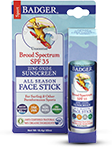For responsible visitors
Coral reefs are vital ecosystems and they're disappearing. But you can help.
Show me howFor responsible visitors
Coral reefs are vital ecosystems and they're disappearing. But you can help.
Show me howPride of Maui Coral Reef Initiative - Summer 2019
Read More Pride of Maui Coral Reef InitiativeWhy are coral reefs so important?
Coral reef ecosystems help to benefit economies by providing protection against erosion, cultivating fisheries, creating and sustaining tourism activities, offering substances for medical uses, and providing a diversity of culture and aesthetics to communities.
Everything is connected
The 3 most basic things you should know.
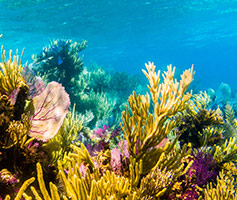
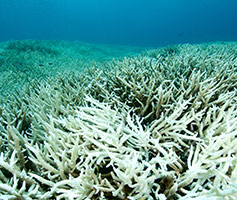

September 10., 2015
Oxybenzone, octinoxate, 4-methylbenzylidene camphor and butylparaben are all terribly harmful to coral reefs. The majority of sunscreens contain oxybenzone (also referred to as Benzophenone-3 or BP-3), which is incredibly toxic and is known to be one of the biggest factors of coral bleaching.

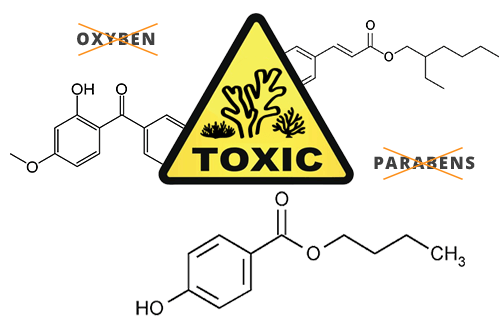
- On Maui...
- Lahaina, Ma'alaea:
- Ma'alaea General Store
- Kihei:
- Hawaiian Moons
- Maui Dive Shop
- Kahului:
- Whole Foods
- Alive and Well
- Down to Earth
- Paia:
- Mana Foods
Pride of Maui Coral Reef Initiative
- Summer 2019.
Pride of Maui is donating resources, including welders, fiberglass workers, small boats, marketing resources, fuel, and crew to help support the ocean conservation community.
The goal is to create a healthy reef by utilizing bio-diversity—providing food for small fish that in turn, feed bigger fish. Farming seaweed on the reef, gathering it and bringing it into a controlled environment in metal cages anchored to the seafloor to prevent turtles from eating it.
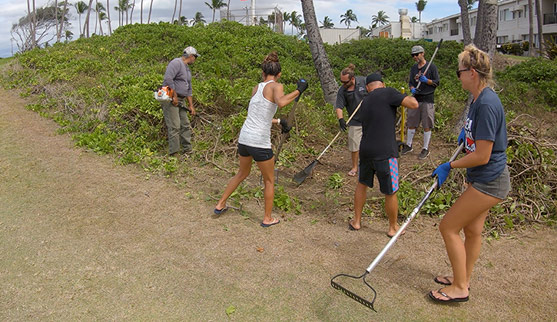
Transferring it from cages to 500-gallon tanks, then when the growth cycle is complete, putting it back in various locations on the seafloor. Introducing seaweed to the reef is vital to the baby fish.
This initiative will be accomplished in a great location at Kahului Harbor near Maui Beach Hotel and sharing with locals and visitors a vision of restoring the reef, which starts with the seaweed.
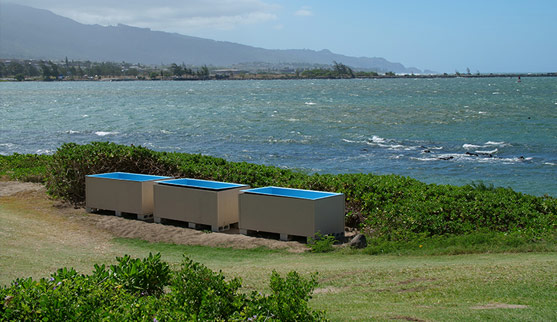
What can I do to help protect reefs?
Good management can save our reefs.
Dr. Cynthia Hunter, Ph.D.
The parrotfish are threatened because they are one of the favorite targets of local spear-fishermen.
Marc Lammers, President, Oceanwide Science Institute
Most people understand that watersheds affect the reefs.
Ku’ulei Rodgers, Principal Investigator, Coral Reef Ecology Lab
…I can be part of the solution to help things get better and as long as we’re all fighting the good fight to save our coral reefs, there is hope…
Mark Hixon, Hsiao Endowed Professor of Marine Biology, University of Hawai’i at Manoa
There are groups of people, especially native people, on the island, who do Pono fishing. They know that it must be sustainable for the future.
Mark Hixon, Hsiao Endowed Professor of Marine Biology, University of Hawai’i at Manoa
One good sized parrotfish makes over a ton of sand a year. So, you remove that individual from the reef and that’s one ton less of sand that you have.
Alan Friedlander, Ph.D., University of Hawai’i at Manoa
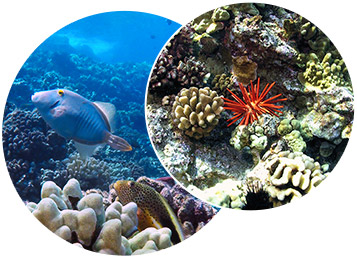
Healthy coral reefs are exceedingly important. Reefs support bustling diverse ecosystems that provide shelter to a fourth of all identified marine species and act as natural barriers, which protect the coastline from the ocean’s pounding waves.
Additionally, coral reefs are known as medicine chests of the sea, with a number of its marine creatures producing compounds that have been used for human application, including treatments for cardiovascular diseases and leukemia! Coral reefs support numerous industries from food to medicine to tourism, and it is up to us to assist in their conservation and protection.



